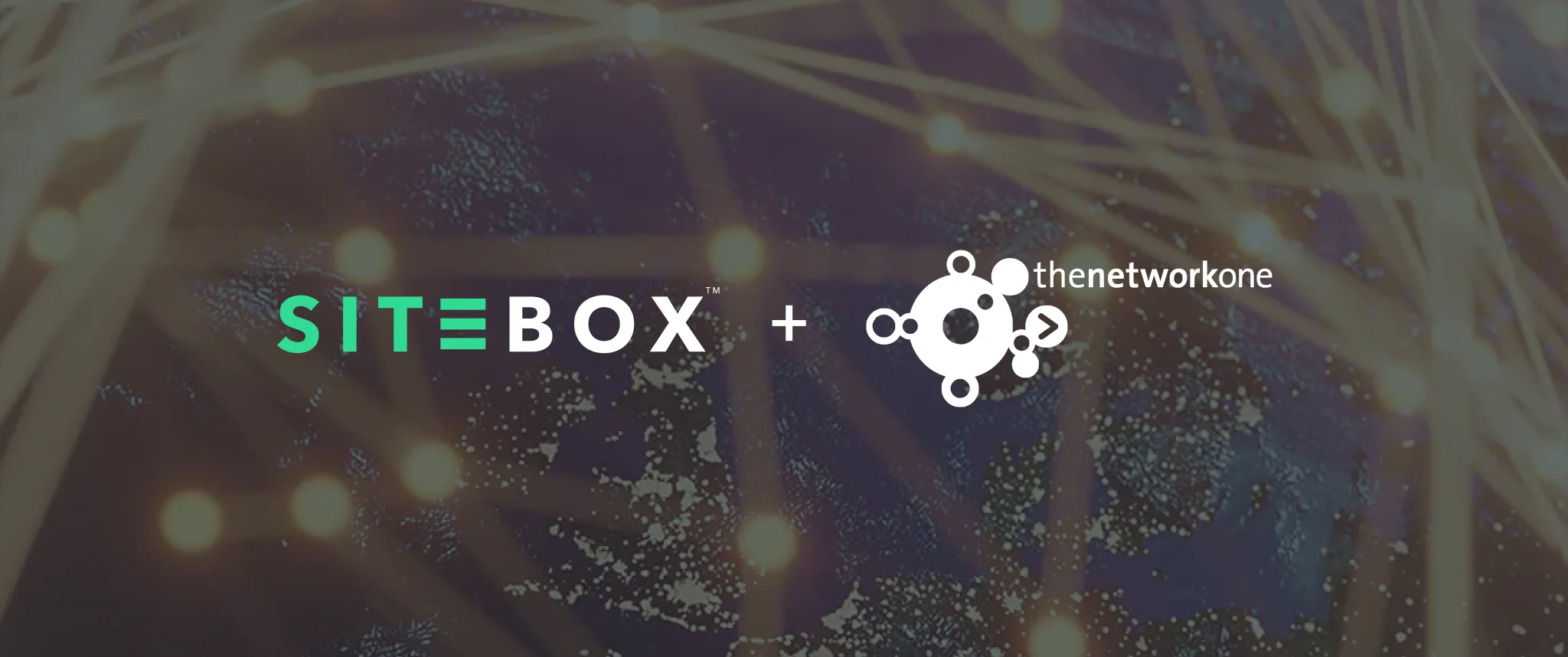As the digital world evolves, so does the technology that powers it. At the center of every website—whether it’s a blog, an eCommerce store, or a business portal—is web hosting. But hosting today is no longer just about choosing between shared and dedicated servers. It’s about scalability, speed, sustainability, and smart automation.
If you run a WordPress site, keeping up with hosting innovations isn’t just a technical consideration—it’s a strategic advantage. This article explores the most impactful trends shaping the future of web hosting and what they mean for WordPress users.
What Is Web Hosting?
Web hosting is the service that makes your website accessible online. When you build a WordPress site, your files, database, and media need to be stored somewhere—usually on a remote server maintained by a hosting provider.
Common Hosting Types
- Shared Hosting: Budget-friendly but limited in performance
- VPS (Virtual Private Server): Offers more resources and control
- Dedicated Hosting: A whole server just for your site (expensive)
- Cloud Hosting: Distributes your site across multiple servers for redundancy and scalability
- Managed WordPress Hosting: Tailored for WordPress with built-in optimizations and support
Each hosting type has trade-offs in terms of cost, speed, and control, but newer trends are reshaping this landscape.
1. Edge Computing and CDN-Based Hosting
Edge hosting brings your website closer to users by serving content from data centers distributed globally (aka the “edge”). This reduces latency and improves load times—especially for media-rich or high-traffic WordPress sites.
Content Delivery Networks (CDNs) like Cloudflare and Fastly are now becoming integral parts of hosting. Modern hosts integrate CDNs by default.
Benefits for WordPress:
- Faster page loads
- Better Core Web Vitals
- Reduced server strain
2. AI and Machine Learning in Hosting
Artificial Intelligence is increasingly used in:
- Resource scaling (auto-allocating server power during traffic spikes)
- Security (identifying DDoS attacks and malware patterns)
- Performance tuning (predictive caching and optimization)
Some providers are using AI to proactively improve uptime and performance—great news for WordPress site owners who want fewer plugins and manual tweaks.
3. Green Hosting and Sustainability
Web hosting consumes energy—a lot of it. As awareness grows around sustainability, green hosting providers are making efforts to offset emissions through renewable energy and carbon-neutral data centers.
What to look for:
- Certifications (e.g., Green-e)
- Carbon offset programs
- Energy-efficient hardware
Choosing eco-friendly hosts can align your brand with sustainability values—and it’s becoming a competitive differentiator.
Containerization and Microservices
Platforms are moving away from traditional “server blocks” and embracing container-based architecture, using tools like Docker and Kubernetes.
Why it matters:
- Better isolation of environments (ideal for staging/dev/live setups)
- Faster deployment pipelines
- Enhanced scalability and rollback capability
This model is especially powerful for headless WordPress setups or multi-site deployments with complex infrastructure needs.
Setting Edge Caching in NGINX
location / {
add_header Cache-Control "public, max-age=31536000, immutable";
try_files $uri $uri/ /index.php?$args;
}This snippet helps browsers cache static files at the edge, speeding up WordPress performance.
Choose Hosting That Supports Modern Workflows
Look for hosts that offer:
- Integrated CDN and edge caching
- Automatic scaling and backups
- Git integration for deployments
- PHP 8+ and HTTP/3 support
- WP-CLI and SSH access
Prioritize Speed and Uptime
Use tools like GTmetrix or PageSpeed Insights to evaluate performance. High uptime (99.9%+) is non-negotiable.
Consider Future-Proof Features
The right host should support:
- Headless WordPress architectures
- REST and GraphQL APIs
- Seamless integration with Jamstack frameworks (e.g., Next.js, Gatsby)
- Dev/staging environments for safe updates
Don’t Overlook Support and Security
As tech advances, good support becomes even more critical. Choose providers with 24/7 live chat and deep WordPress knowledge.
How SiteBox Leads the Future of Hosting
SiteBox is built for the next era of WordPress development. Unlike traditional hosts, SiteBox offers:
- 🛰️ Edge-first infrastructure for lightning-fast load times worldwide
- 🔐 AI-powered security and intelligent threat detection
- 🌱 Carbon-neutral hosting with modern green energy initiatives
- 🐳 Containerized architecture for rapid deployment and isolated environments
- 🧩 Built-in staging, version control, and performance analytics
Whether you’re managing one site or a portfolio, SiteBox removes the complexity of modern hosting and future-proofs your stack.
Conclusion
Web hosting is no longer just about where your site lives—it’s about how it performs, scales, and evolves with the web.
From edge computing to green infrastructure, the future of web hosting is smart, sustainable, and developer-friendly. WordPress users who stay informed and choose the right hosting partners will be better positioned to deliver fast, secure, and accessible websites.
🚀 Want a future-ready platform that takes care of hosting, scaling, and speed?
Try SiteBox today and step into the next generation of WordPress hosting.



